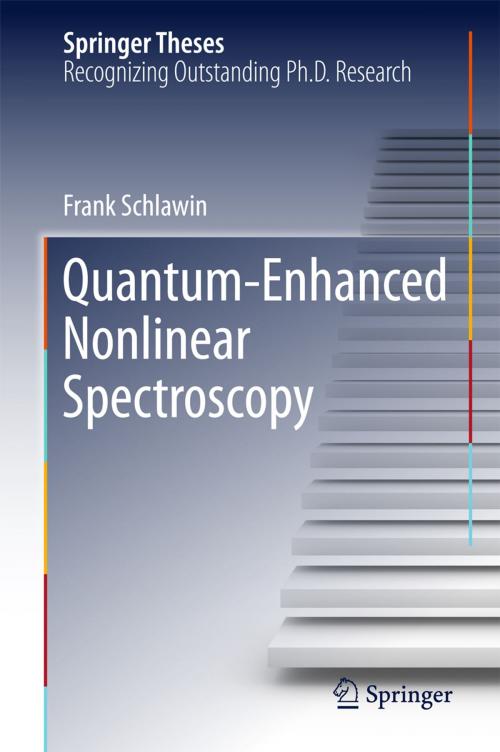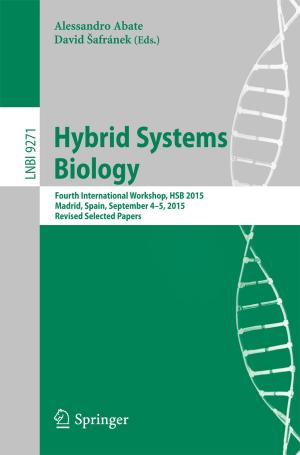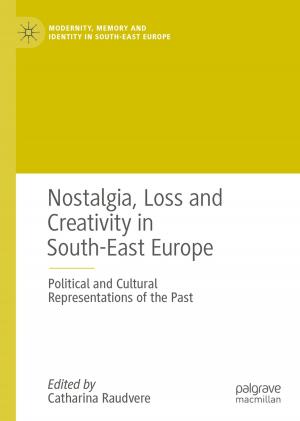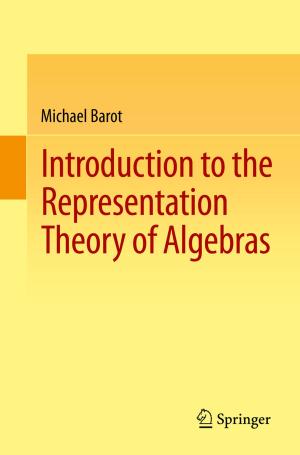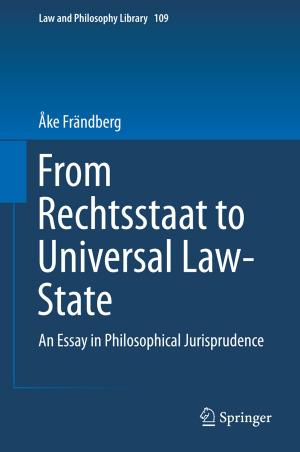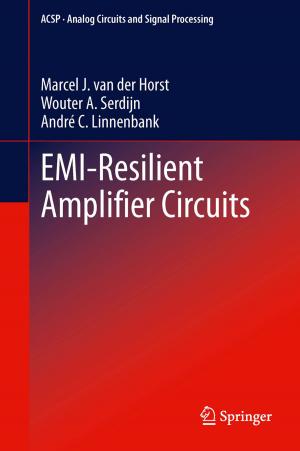Quantum-Enhanced Nonlinear Spectroscopy
Nonfiction, Science & Nature, Science, Physics, Spectrum Analysis, Optics| Author: | Frank Schlawin | ISBN: | 9783319443973 |
| Publisher: | Springer International Publishing | Publication: | September 10, 2016 |
| Imprint: | Springer | Language: | English |
| Author: | Frank Schlawin |
| ISBN: | 9783319443973 |
| Publisher: | Springer International Publishing |
| Publication: | September 10, 2016 |
| Imprint: | Springer |
| Language: | English |
This thesis focuses on nonlinear spectroscopy from a quantum optics perspective. First, it provides a detailed introduction to nonlinear optical signals; starting from Glauber’s photon counting formalism, it establishes the diagrammatic formulation, which forms the backbone of nonlinear molecular spectroscopy.
The main body of the thesis investigates the impact of quantum correlations in entangled photon states on two-photon transitions, with a particular focus on the time-energy uncertainty, which restricts the possible simultaneous time and frequency resolution in measurements. It found that this can be violated with entangled light for individual transitions. The thesis then presents simulations of possible experimental setups that could exploit this quantum advantage.
The final chapter is devoted to an application of the rapidly growing field of multidimensional spectroscopy to trapped ion chains, where it is employed to investigate nonequilibrium properties in quantum simulations.
This thesis focuses on nonlinear spectroscopy from a quantum optics perspective. First, it provides a detailed introduction to nonlinear optical signals; starting from Glauber’s photon counting formalism, it establishes the diagrammatic formulation, which forms the backbone of nonlinear molecular spectroscopy.
The main body of the thesis investigates the impact of quantum correlations in entangled photon states on two-photon transitions, with a particular focus on the time-energy uncertainty, which restricts the possible simultaneous time and frequency resolution in measurements. It found that this can be violated with entangled light for individual transitions. The thesis then presents simulations of possible experimental setups that could exploit this quantum advantage.
The final chapter is devoted to an application of the rapidly growing field of multidimensional spectroscopy to trapped ion chains, where it is employed to investigate nonequilibrium properties in quantum simulations.
